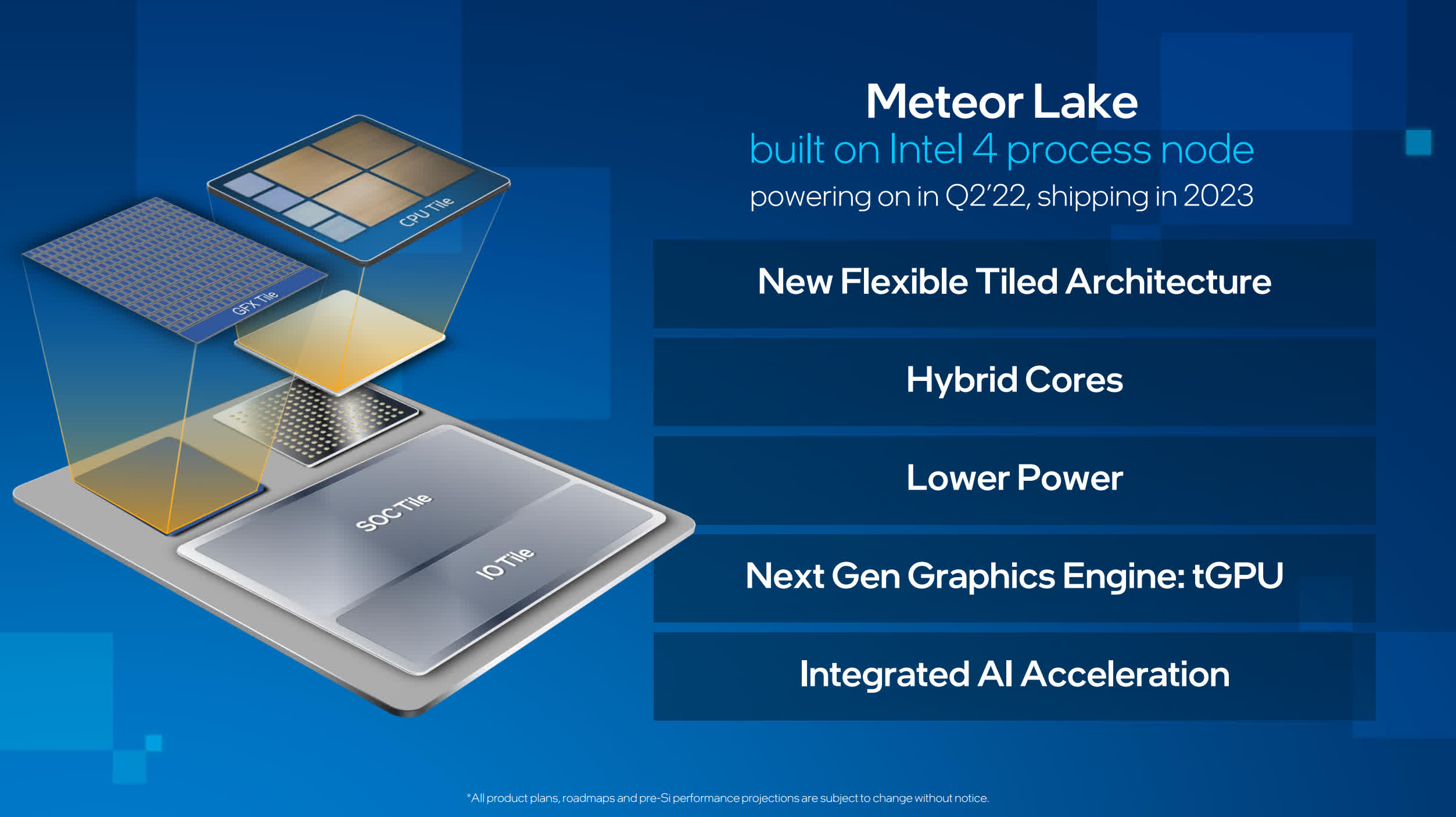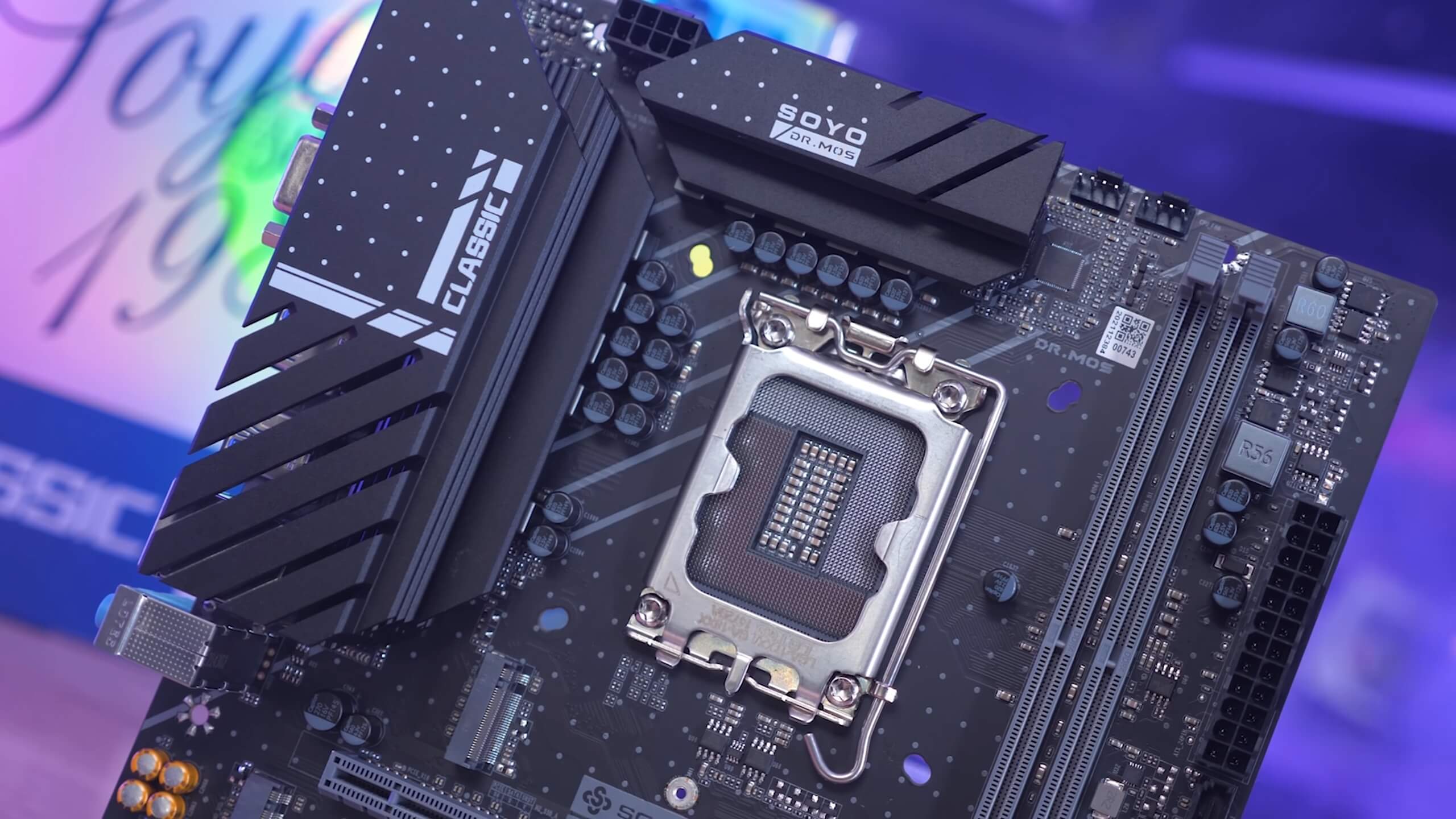The big picture: Intel's Meteor Lake processors will reportedly move to a new socket, forcing Alder Lake owners to buy a new motherboard as well if they want to upgrade. This is in stark contrast to AMD's AM4 platform, where CPUs launched this year work remarkably well even on five-year-old boards.
According to new rumors, Intel's 14th-gen desktop processors, codenamed Meteor Lake, will require a new LGA 2551 socket, meaning that current LGA 1700 motherboards would support only two CPU generations – as has been the case for quite some time – the current Alder Lake CPUs will be followed by Raptor Lake in late 2022.
LGA 2551 will reportedly measure 38 x 46 mm, making it 0.5 mm wider and 1 mm longer than LGA 1700. Fitting over 50% more pins in a similar footprint means that pin density is going to be a lot higher. This will also probably be the company's first DDR5-only platform.

Meteor Lake is expected to arrive in Q4 2023, and will feature several new technologies Intel's been developing. It'll introduce a new tiled architecture, with TDPs ranging from 5W to 125W.
We have officially powered-on our first disaggregated product: Meteor Lake. An incredible milestone resulting from the efforts of so many across @intel. Congratulations, team! pic.twitter.com/eKvHzDqSiu
--- Michelle Johnston Holthaus (@MJHolthaus) April 29, 2022
The compute tile would utilize the Intel 4 process node and debut new architectures for both P-cores and E-cores. Meanwhile, the graphics tile will be built on TSMC's N3 node and feature up to twice as many EUs as Alder Lake. Everything will be fused together using Intel's Foveros 3D packaging technology, which allows the chipmaker to stack the tiles on top of each other.
It's unfortunate that Intel plans to change sockets after only two CPU generations again, just as it did with LGA 1200. In contrast, AMD utilized the AM4 socket over four generations of Zen processors (and some CPUs and APUs based on the Excavator microarchitecture). We recently tested the company's Ryzen 7 5800X3D on budget B350 motherboards launched back in 2017 and found that the combination works flawlessly.
